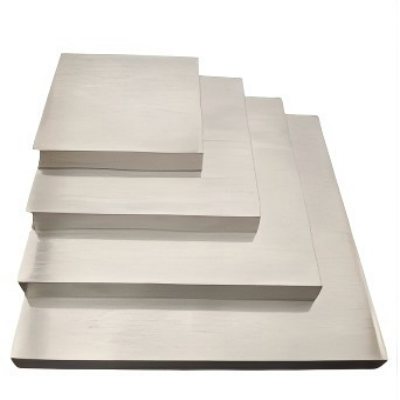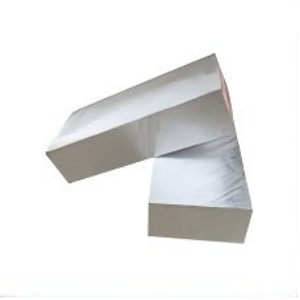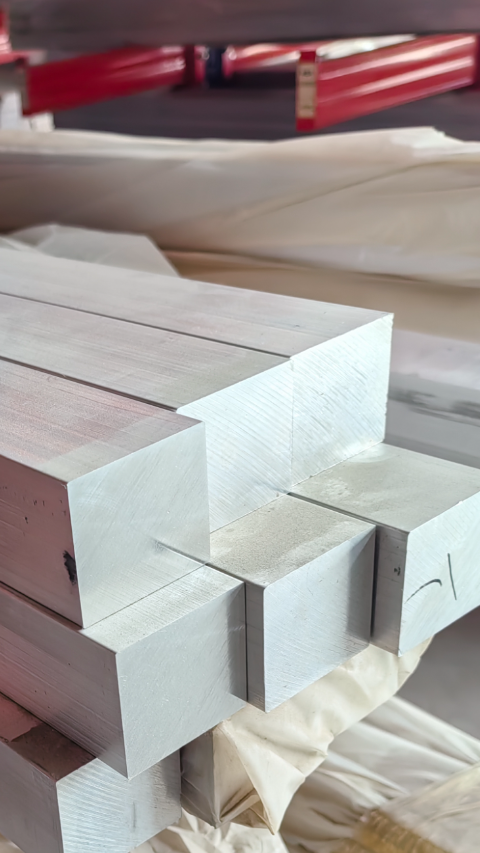Comparison of CNC Machining Materials
The information contained herein is typical values intended for reference and comparison only. They shall NOT be used as a basis for design specifications or quality control.
Stainless Steel 316
Corrosion Resistance, Machinability
Stainless steel 316 combines exceptional corrosion resistance with excellent machinability. This unique balance of “high corrosion resistance + ease of processing” makes it a material of choice for applications demanding the highest levels of reliability. It is widely employed in fields such as chemical processing, food production, and marine engineering, where it consistently meets stringent performance requirements across diverse operating conditions.
Stainless Steel 304
Corrosion Resistant, Economical, Machinability
stainless steel 304 is also known as 18/8 stainless steel, which contains approximately 18% chromium (Cr) and 8% nickel (Ni). It not only possesses excellent oxidation resistance and corrosion resistance, but also has good workability and surface quality. Currently, it is the most widely used stainless steel grade in industrial manufacturing and civil applications.
AL7075
Corrosion Resistance, Strength
Aluminum 7075 alloy is a high-strength wrought alloy with zinc as its primary alloying element. It exhibits excellent mechanical properties, characterized by outstanding strength, toughness, and fatigue resistance. In addition, compared with most aluminum alloys, it demonstrates superior corrosion resistance, which makes it widely used in aerospace and other fields where lightweight structures and comprehensive performance are critically required.
AL6061
Corrosion Resistance, Economical, Machinability
As a versatile and widely used metallic material,aluminum 6061 alloy is well-known in the industrial field for its excellent mechanical properties and outstanding weldability. The designations “T6” and “T651,” as typical temper conditions of this alloy, correspond to specific heat treatment processes: the T6 process achieves strength enhancement through solution treatment followed by artificial aging, while the T651 process adds a pre-stretching deformation step on this basis to optimize residual stress distribution. The combined effect of these two processes significantly improves the material’s mechanical properties and effectively eliminates internal stresses. Owing to their comprehensive advantages in strength, processability, and corrosion resistance, 6061-T6 and 6061-T651 aluminum alloys are highly favored in fields such as aerospace structural components, automotive parts, shipbuilding, and general machinery processing, emerging as key foundational materials supporting modern industrial manufacturing.




